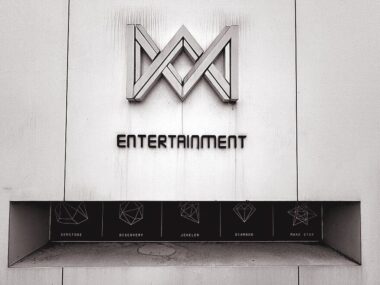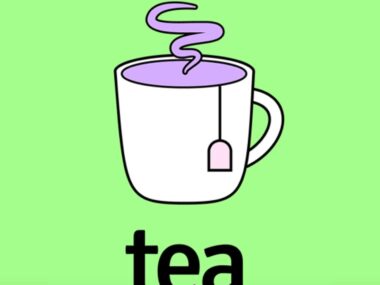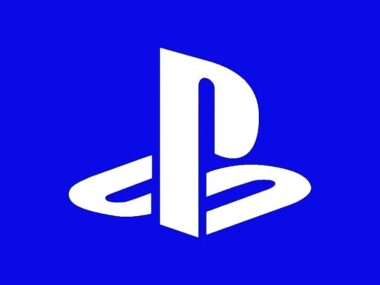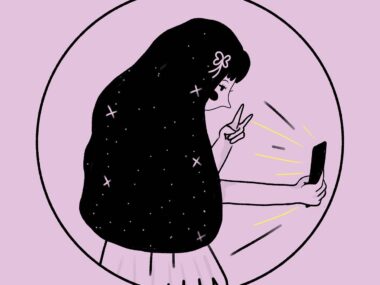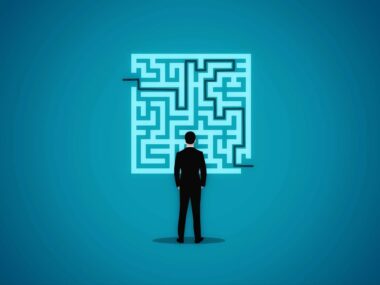Q: Did an AI-generated ad really air during the NBA Finals? 🏀📺
Yes. During the NBA Finals, viewers watched an AI-generated commercial from trading exchange Kalshi. Produced in just two days, with a budget of only $2,000, the creators used Google’s Veo 3 to generate the bizarre, attention-grabbing ad that caught plenty of eyeballs.
The creator, PJ Ace, revealed that turning to AI wasn’t just a creative choice but a practical one. Traditional production would have cost significantly more and taken weeks, if not months. AI allowed them to skip the expensive cameras, actors, and crews and still deliver a professional-grade ad that made waves.
Q: Is this a one-off experiment or the start of something bigger? 🚀
It’s the start of something much bigger.
Major tech giants like Meta and Google are already building AI ad platforms designed to fully automate campaigns. Meta expects to offer fully AI-generated campaigns; including visuals, copy, and targeting by 2026. All you’ll need is a product image and a budget. AI will handle the rest.
Big brands are already jumping in. Netflix, Nike, and others are experimenting with AI-generated content to cut costs, personalize campaigns, and speed up production. New tools like AdCreative.ai and FeedHive are making it even easier for smaller businesses to get in the game.
Q: Why are advertisers so eager to adopt AI? 💰⏱️
The simple answer is scale, speed, and savings.
- Speed: What used to take weeks can now take days or even hours.
- Cost: AI dramatically lowers production costs by eliminating expensive crews, locations, and post-production work.
- Personalization: AI can tailor ads in real-time to individual users based on behavior, preferences, and even location.
- Optimization: AI can analyze data on the fly, adjusting ad campaigns automatically for better performance.
In other words, AI allows brands to do more, faster, and for less money.
Q: But are there risks? 👀
Plenty and advertisers are well aware of them.
- Loss of Creativity: AI can generate content based on patterns, but it may lack the originality and nuance that human creatives bring.
- Brand Authenticity: Some AI-generated ads feel generic or off-brand, potentially weakening a company’s identity.
- Consumer Trust: Many viewers recognize when content is AI-made and not everyone loves it. Some find it weird, unsettling, or inauthentic.
- Bias and Misinformation: AI models can reproduce biases from their training data and occasionally generate false or misleading content.
- Legal Risks: Deepfake ads, like fake celebrity endorsements, have already led to lawsuits and regulatory scrutiny.
- Data Privacy: AI-powered targeting relies on huge amounts of personal data, raising ongoing privacy concerns.
Without strong oversight, AI-generated ads could easily cross ethical or legal lines.
Q: So will AI replace human marketers? 🧠
Not right now. Or at least, not yet.
Most experts agree that AI won’t replace human creativity, but it will change the marketer’s role. Instead of spending hours writing copy or managing ad buys, human marketers could focus more on strategy, brand voice, ethics, and creative direction, while AI handles the heavy lifting.
The best campaigns will likely come from a blend of AI efficiency and human ingenuity.
Q: What does the future look like? 🔮
AI is rapidly becoming the backbone of modern advertising. It’s powering campaign planning, content creation, targeting, and performance analysis. We’re moving into an era of:
- Hyper-personalized ads tailored to each viewer in real time.
- Dynamic, adaptive content that changes based on context and behavior.
- Predictive analytics that optimize campaigns before they even launch.
- Omnichannel consistency across every platform and touchpoint.
- SEO and the evolution of search as generative AI changes how people find products.
Already, over 90% of companies plan to invest heavily in generative AI over the next three years. But for all the automation, the need for human creativity, oversight, and ethical guardrails will only grow more important.

